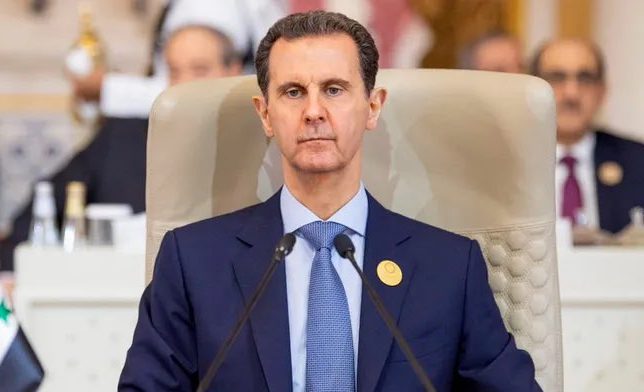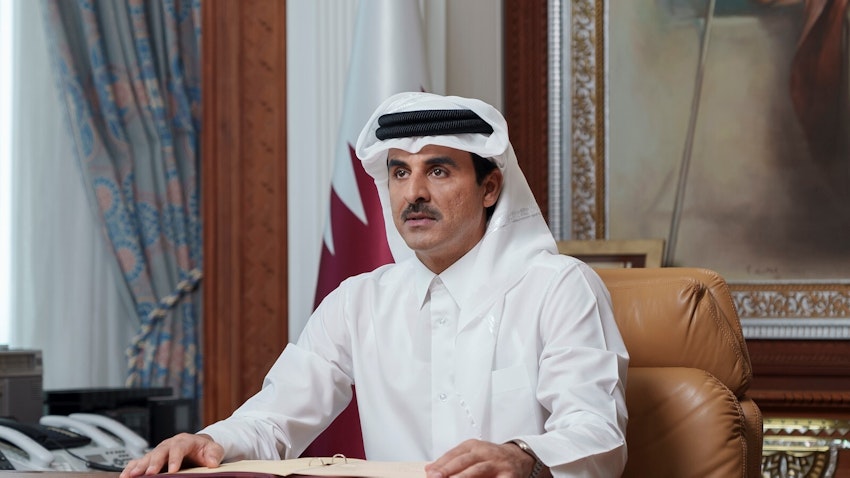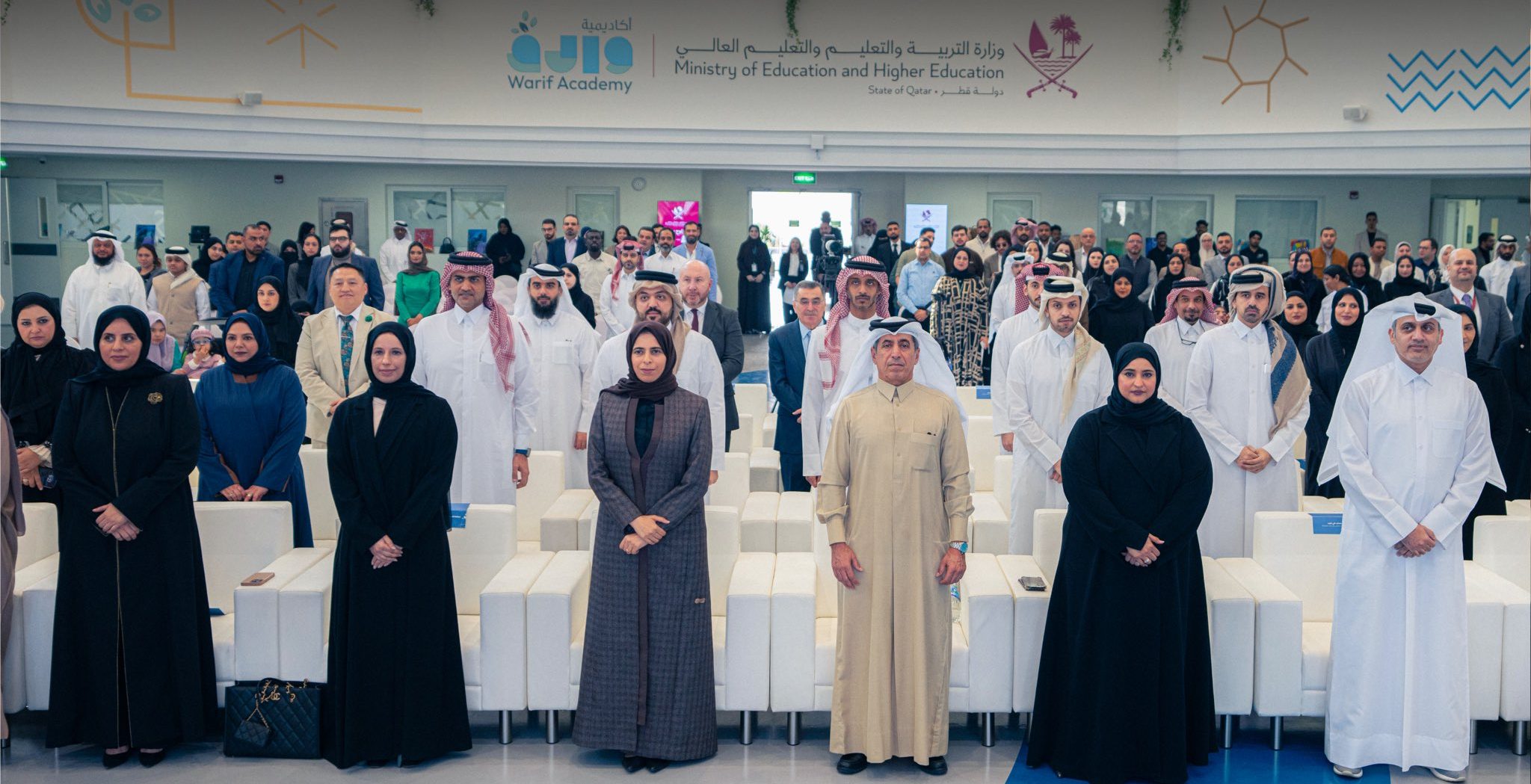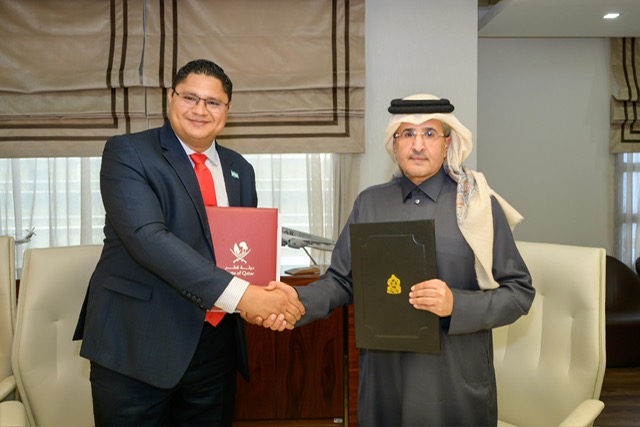From United States to Russia, and from Türkiye to China, various countries react to the downfall of Bashar al-Assad’s regime in Syria
The fall of Bashar al-Assad’s regime in Syria marks a monumental shift in the country’s trajectory.
According to Russia’s foreign ministry, Assad has stepped down and left the country, though his whereabouts remain unknown. This historic development has triggered a variety of reactions from global powers, each reflecting their unique geopolitical interests in the region.
Below is a breakdown of countries’ statements and reactions to the development in Syria:
Qatar
Qatar’s Ministry of Foreign Affairs expressed a commitment to ensuring Syria’s sovereignty and stability, stating, “We emphasise the necessity of preserving national institutions and the unity of the state to prevent it from descending into chaos.”
Qatar reiterated its support for the Syrian people and called for a peaceful resolution that serves their interests, in line with international legitimacy.
United States
The United States has shown cautious optimism, with the White House stating that President Joe Biden and his team are “closely monitoring the extraordinary events in Syria and staying in constant touch with regional partners.”
President-elect Donald Trump took to his social media on Social Truth, claiming credit for Assad’s downfall, stating, “Assad is gone. He has fled his country. His protector, Russia, Russia, Russia, led by Vladimir Putin, was not interested in protecting him any longer.”
This points to a broader view that the collapse of Assad’s regime is in part a consequence of Russia’s withdrawal, distracted by the ongoing war in Ukraine.
Russia
Russia confirmed that Assad had resigned following talks with various factions in the conflict. “Following his talks with a number of participants in the armed conflict in the Syrian Arab Republic, Bashar al-Assad decided to step down as the Syrian President and leave the country,” Russia’s foreign ministry declared, though they emphasised that they were not involved in the negotiations.
Russia, a long-time ally of the Assad regime, remains focused on ensuring a peaceful transition of power. The country urged all parties to avoid violence and continue political dialogue, calling for an inclusive process as envisioned in UN Resolution 2254.
Türkiye
Türkiye, a key regional actor, has had a complex relationship with the Syrian conflict. Foreign Minister Hakan Fidan called the collapse of Assad’s regime a long-anticipated event, remarking, “For the last 13 years, the country has been in turmoil.”
Fidan further stated, “We will work for stability and safety in Syria…The new Syria should not pose a threat to neighbors, it should eliminate threats.”
Fidan affirmed that Türkiye is ready to take responsibility for Syria’s recovery, pledging to work with regional and international partners to secure Syria’s unity, integrity, and security. He expressed hope for the return of millions of displaced Syrians, stating, “Better days await the Syrian people.”
Egypt
Egypt, closely monitoring the developments, emphasised the importance of preserving Syria’s national institutions.
The Egyptian foreign ministry issued a statement calling for the safeguarding of state institutions and the country’s unity: “We are following the situation with great care, affirming our support for the Syrian people and the country’s sovereignty and unity.”
Israel
Israel’s reaction was grounded in security concerns, particularly regarding its control over the Golan Heights. Israeli diaspora affairs minister Amichai Chikli warned that the advances by opposition forces in Syria were “far from a cause for celebration” for Israel.
He also expressed concerns over the increasing presence of radical groups in the region, saying, “Most of Syria is now under the control of affiliate organizations of al-Qaeda and ISIL.”
Prime Minister Benjamin Netanyahu claimed credit for the regime’s fall, arguing that Israel’s efforts against Iran and Hezbollah had weakened Assad’s support.
China
According to Xinhua, China, while keeping a neutral stance, expressed hope for Syria’s return to stability. “The Chinese government has actively assisted Chinese citizens who are willing to leave Syria in a safe and orderly way,” the Chinese foreign ministry said.
The country has been providing assistance to its nationals in Syria and has urged all parties involved to ensure safety while maintaining dialogue.
Lebanon
Lebanon’s army has heightened its presence along the border with Syria, reinforcing units tasked with monitoring and controlling the northern and eastern borders.
“In light of rapid developments and delicate circumstances… units have been reinforced, in conjunction with tightening surveillance measures,” the Lebanese military announced, signaling concern over potential spillover effects from the conflict.
France
French President Emmanuel Macron celebrated the fall of the regime, calling it a victory for the Syrian people.
On X, Macron wrote, “The barbaric state has fallen. At last. I pay tribute to the Syrian people, to their courage, to their patience. In this moment of uncertainty, I send them my wishes for peace, freedom, and unity.” Macron reaffirmed France’s commitment to the security of the Middle East.
United Arab Emirates (UAE)
UAE diplomatic adviser Anwar Gargash warned against the risks posed by non-state actors taking advantage of the power vacuum in Syria.
He stated, “Unfolding events in Syria are also a clear indication of political failure and the destructive nature of conflict and chaos,” stressing that non-state actors should not be allowed to exploit the situation.
Germany
German Foreign Minister Annalena Baerbock referred to the fall of Assad as “a great relief” for Syrians, but she cautioned against allowing radical groups to seize control of the country.
“The end of Assad represents for millions of people in Syria a great relief,” she said, adding, “The country must not now fall into the hands of other radicals, whatever form they take.”
Spain
Spain’s Foreign Minister José Manuel Albares expressed a desire for a peaceful solution in Syria that would foster stability in the region. He stated, “We have to take steps to ensure that it’s the Syrian people who decide how they are governed and by whom in the future, and of course, that Syria’s territorial integrity is maintained.”







